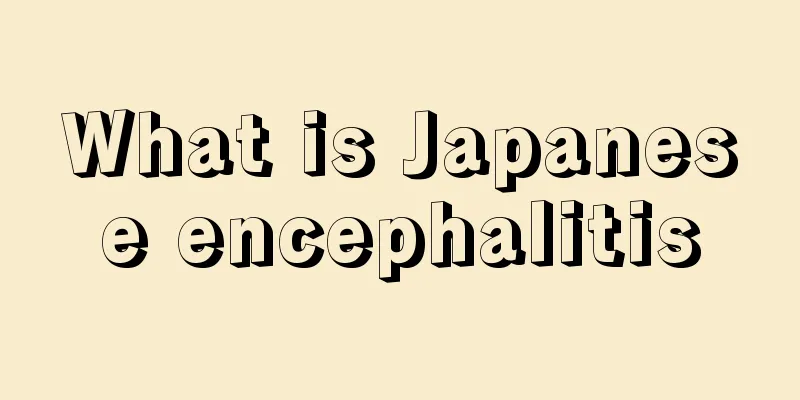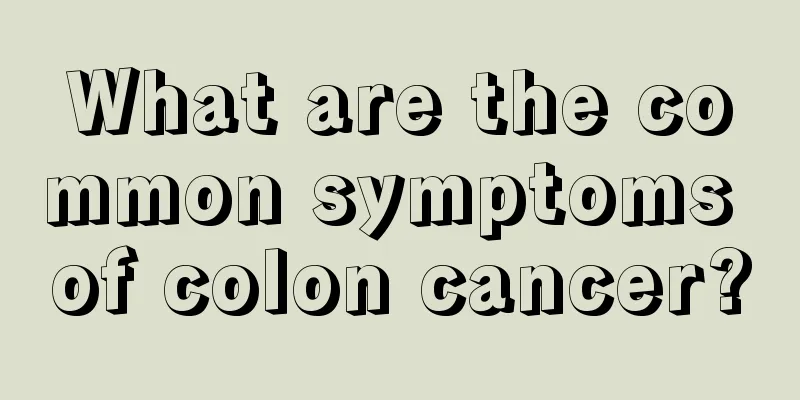What is Japanese encephalitis

|
Everyone should be familiar with hepatitis B, but most people feel vague about Japanese encephalitis. Japanese encephalitis is also an infectious disease, but it is a type of meningitis that mostly occurs in children. Especially in the summer when mosquitoes are prevalent, it is the peak season for Japanese encephalitis among children, because Japanese encephalitis can be transmitted through mosquito bites. Therefore, it is very necessary for everyone to understand some relevant knowledge about Japanese encephalitis. Japanese encephalitis is the abbreviation of Japanese encephalitis, an infectious disease caused by infection with the Japanese encephalitis virus, which is generally transmitted through mosquito bites. It is common in summer and autumn, mainly affecting children under ten years old. It can be prevented by injecting Japanese encephalitis vaccine. After recovery, the patient can gain lasting immunity and rarely relapses. Most patients with Japanese encephalitis are latently infected and have no symptoms, but are contagious. A few may develop the disease, which mainly manifests as neurological symptoms. Most have a good prognosis without leaving any sequelae. A few severe cases may leave certain sequelae, such as paralysis, epilepsy, etc. Transmission routes of Japanese encephalitis Mosquitoes are the main vectors of transmission. Some species of Culex pipiens, Aedes and Anopheles can transmit this disease, among which Culex tritaeniorhynchus is the most important. The viruses in mosquitoes can survive the winter through egg generations and become long-term storage hosts for the viruses. What are the early symptoms of Japanese encephalitis? A sudden high fever of around 39 degrees, poor spirits in the early stages, and respiratory symptoms such as coughing, apathetic expression, poor spirits, convulsions, and seizures. The condition of Japanese encephalitis is still very serious, with various signs of the disease. At the same time, the child vomits more obviously, some in a jet-like manner, and is drowsy. If you find your child has these symptoms, you should go to the hospital immediately. If the child is young and the anterior fontanelle is not closed, or if the anterior fontanelle is high and full, these are manifestations of Japanese encephalitis. How to know if a child has Japanese encephalitis? During the mosquito breeding season (July to September), people under ten years old, especially children between three and six years old, should be alert if they suddenly have symptoms such as high fever, headache, vomiting, poor spirits, drowsiness, coma, convulsions, stiff neck and limb paralysis. It needs to be confirmed by cerebrospinal fluid examination. If the protein is slightly high and the sugar and chloride are normal, Japanese encephalitis can be diagnosed. "Japanese encephalitis" and "meningococcal meningitis" are not the same disease. "Japanese encephalitis" is what we commonly call encephalitis. It is an acute infectious disease transmitted by mosquitoes and prevalent in summer and autumn. The cause of the disease is the Japanese encephalitis virus. Meningococcal disease is a common acute infectious disease in winter and spring, caused by meningococci and more common in children. After the bacteria enter the body through the respiratory tract, some of them enter the blood and cause sepsis, and eventually they are confined to the brain and cause meningitis. Because the causes of the disease are different, the symptoms and treatments are also different. |
<<: What is the difference between Fu tea and black tea
>>: How many times can black tea be boiled
Recommend
Can a bad stomach cause chest tightness? What are the symptoms?
There are many reasons for chest tightness. It ma...
Health food therapy for bladder cancer patients during recuperation
Bladder cancer is a malignant tumor of the urinar...
What are the clinical characteristics of occult breast cancer
Occult breast cancer is a relatively rare type of...
Do you know what causes hypertrophic scars?
Scar hyperplasia is a skin disease, also known as...
What to do if hair loss is severe
Although everyone will lose hair, we also need to...
Biyanling Tablets have achieved significant toxicity-reducing and efficacy-enhancing effects in radiotherapy for nasopharyngeal carcinoma
Biyanling Tablets have achieved significant toxic...
How to choose eyeglass lenses without being fooled?
Nowadays, more and more people are wearing glasse...
What should patients with esophageal cancer eat after surgery?
Because of the pain, cancer patients are very wea...
Cost of targeted treatment for tongue cancer
The cost of targeted treatment for tongue cancer....
Is cervical lymphadenopathy serious?
Cervical lymphadenopathy is relatively common in ...
How to detect skin cancer by yourself?
In the early stage of skin cancer, you can judge ...
What does IVA mean for nasopharyngeal carcinoma?
If it is nasopharyngeal carcinoma stage Iva, it r...
Prevention of gum recession and exposed tooth roots
In daily life, as people become less and less awa...
What should I do if the flesh inside my teeth is swollen and painful?
Dental health is very important to us. Many peopl...
What are the factors of acute gastric mucosal lesions?
Acute gastric mucosal lesions are a common stomac...









